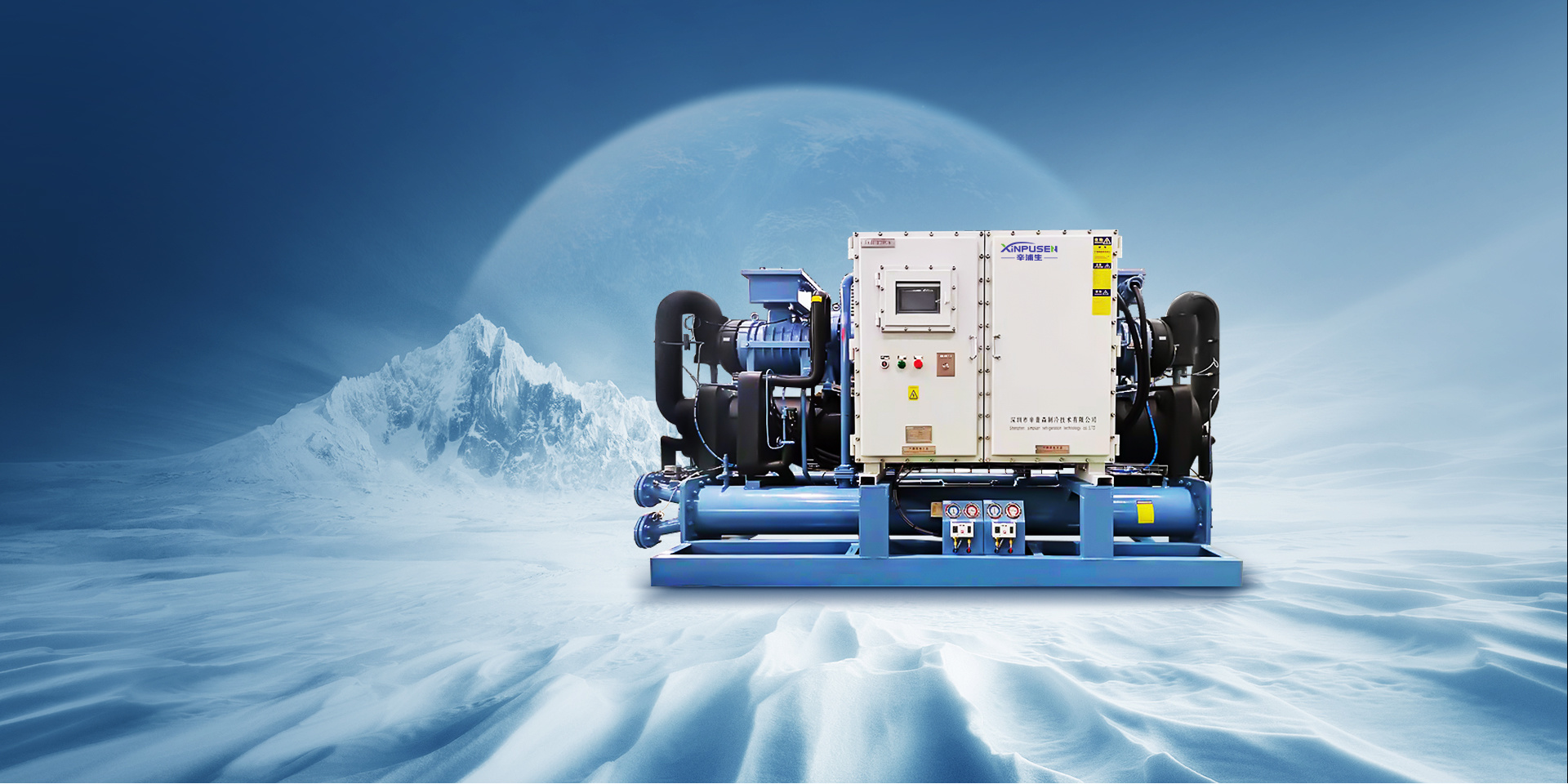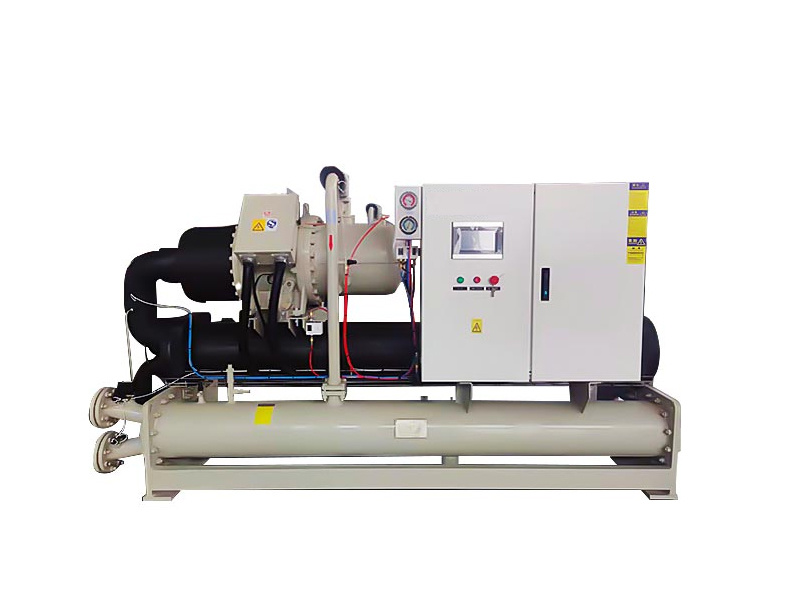What should companies pay attention to when purchasing chillers? These 3 points are indispensable!
2025-01-23 09:34
Simpson Group's large-scale refrigeration equipment manufacturing factory originates from advanced German refrigeration technology. We offer suitable solutions and address subsequent application issues, striving for your satisfaction. Our experienced sales and technical staff provide professional advice to help you quickly obtain the products you need. Our main products include chillers, industrial chillers, screw chillers, flooded chillers, low-temperature ice water machines, air-cooled and water-cooled chillers, explosion-proof chillers, custom-designed chillers, semi-hermetic condensing units, and screw-type condensing units. Favorable prices, welcome to inquire.
After years of development, the domestic chiller and freezer market has grown steadily, leading to the emergence of small and micro-sized freezer factories. Due to their small scale and limited R&D and production capacity, the overall quality of the units is relatively poor, and the performance and quality cannot meet the actual needs of enterprises. This is reflected in insufficient refrigeration capacity, frequent equipment malfunctions, high maintenance costs, and poor after-sales service.
Especially for first-time chiller purchasers, it is necessary to clarify the purchasing purpose, understand the industry reality, and strive to purchase high-quality and high-performance chiller equipment with the smallest budget.
Therefore, based on the actual situation of our company's customers purchasing chillers, I would like to provide some practical methods for industry friends on how to reduce the cost of chiller and freezer purchases.
First, price is not the only factor to consider.
The term "cost-effectiveness" applies not only to personal consumption but also to industrial equipment. To a certain extent, there is a necessary connection between price and quality, but a high price does not equate to high value. When purchasing chillers, companies should verify the price schemes and component configuration lists provided by the manufacturer.
For example, how is the chiller compressor configured? How does it rank in the industry? If the price of A manufacturer's quote is one level higher than that of B manufacturer, does this mean that A manufacturer has a greater advantage? Not necessarily.
Because the chiller unit is operated and used as a whole, while a brand-name compressor is good, the key is to consider the overall scheme. If the compressor configuration is good, but the water pump and condenser use inferior materials, the overall scheme may seem high-end, and the price is not attractive, but after purchase, a series of problems may arise.
The higher the cost-effectiveness, the better. Price is not the only factor to consider. Combining the actual situation of your company and professional selection is the key.
Second, focus on the selection of key compressor components.
The compressor is undoubtedly the "heart" of the entire chiller unit. Improper selection of the compressor can lead to fatal problems later, such as unstable refrigeration and excessive noise, seriously affecting production.
The compressor is a major indicator affecting the performance of the chiller unit. Many freezer factories, in order to control the overall production cost, use lower-quality products for the compressor and other major parts, or even use refurbished compressors, seriously affecting the later use efficiency of the chiller unit, causing energy consumption to increase continuously, and having a serious impact on the company's production.
The compressor is one of the core indicators affecting the overall chiller unit. Many chiller manufacturers with weaker qualifications and capabilities use inferior compressors, or even illegally use refurbished second-hand compressors in order to reduce the cost of compressor procurement during the production of chiller units. Once such units are purchased, it will cause serious energy consumption and high maintenance costs, and it will also reduce the lifespan of the chiller unit, which is not worth the loss.
Third, purchase according to the actual situation of the enterprise.
Today, chiller units have developed towards personalization and non-standard directions, and customization and selection are carried out according to the region where your enterprise is located.
You can also select based on the enterprise's usage environment. For example, for chillers operating in humid environments, we will prioritize customizing stainless steel shell chillers, or under special material requirements, we will choose evaporators and condensers made of special materials such as anti-corrosion materials. The aim is to select the most valuable chiller equipment for customers.
There's a lot to learn about chiller procurement. I remind you and your company to compare multiple schemes, consider your actual situation, and exchange ideas with more industry professionals to find the best chiller unit. In summary, factors to consider when purchasing a chiller include cost-effectiveness, the proportion of core components, the location of the enterprise, and the enterprise's usage environment.
Previous: What kind of chiller should be matched with environmental testing equipment? Take a look.
More Information
2026-03-02
Understanding the Advantages of Water-Cooled Screw Chillers for Industrial Applications
2026-02-24
quality air cooled industrial chiller
2026-02-23
Essential Insights into Air Cooled Industrial Chillers: Efficiency, Selection, and Maintenance
2026-02-16
What to Expect During the Installation of Air Cooled Industrial Chillers: A Comprehensive Guide
2026-03-02
Understanding the Advantages of Water-Cooled Screw Chillers for Industrial Applications









 CN
CN EN
EN


